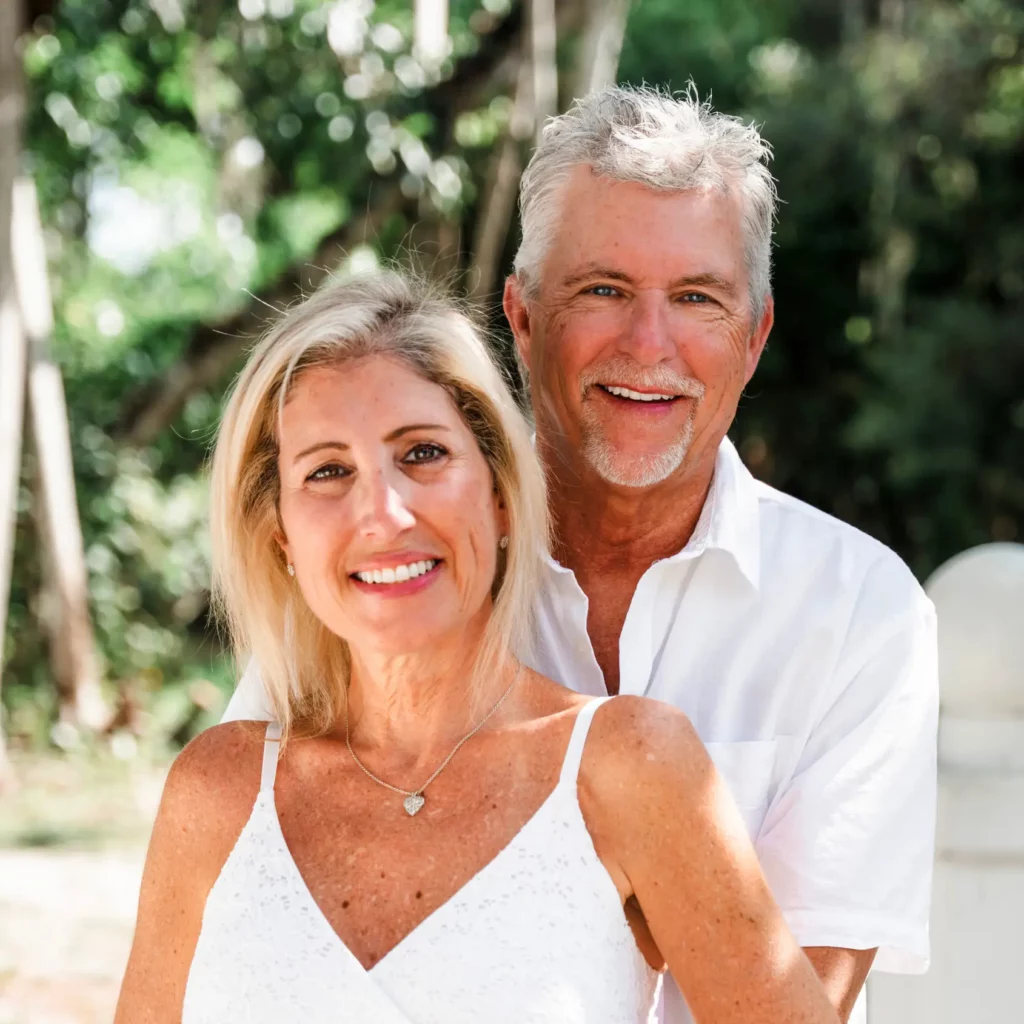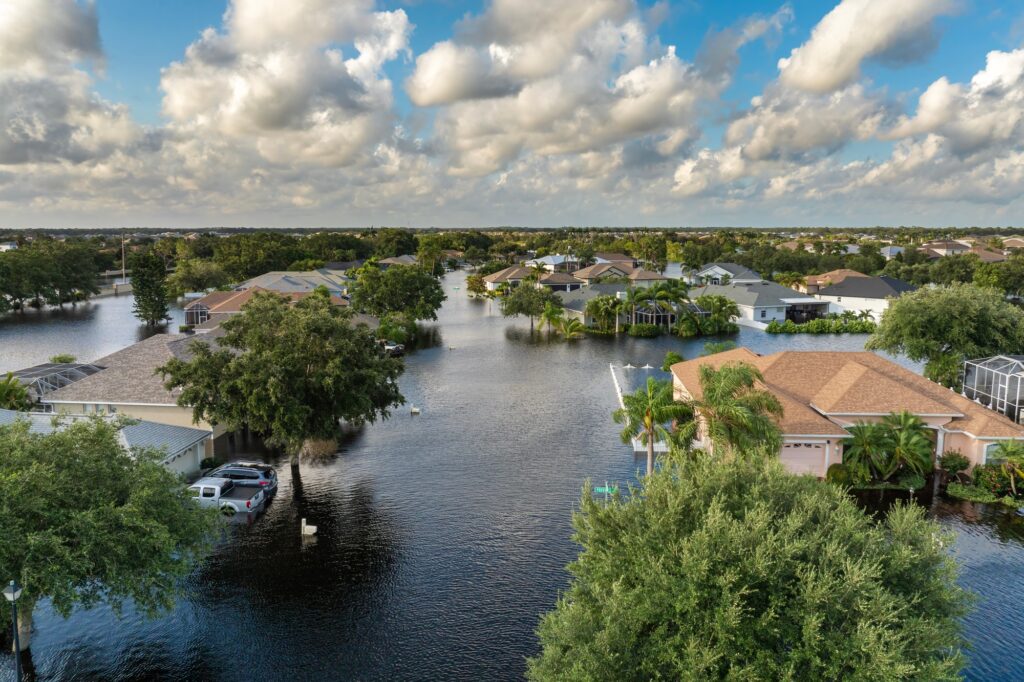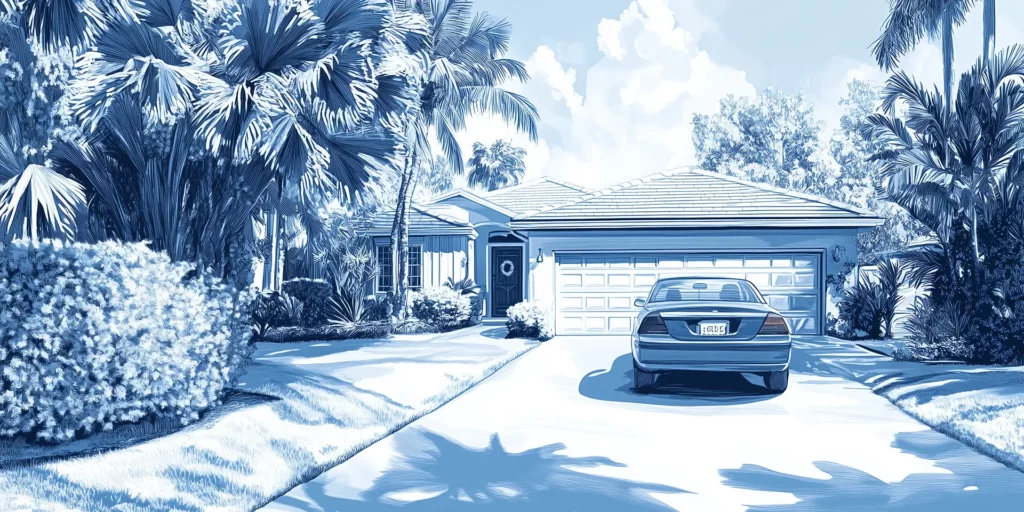Moving to Florida brings big changes, including your insurance needs. From hurricanes to unique state laws, there’s more to consider than you might expect. This New Floridian Insurance Guide will help you make the transition smoothly, whether you’re updating car insurance or protecting your home in a flood zone. Let’s get started!
Introduction
Welcome to Florida!
Relocating to Florida is exciting, but it comes with a lot of changes. One of the most important is updating your insurance. Florida has unique insurance requirements you won’t want to overlook. For instance, its no-fault auto insurance laws and extreme weather risks make transitioning your policies much more than a simple task.
Did you know that Florida is one of the top destinations for people moving within the U.S.? According to the U.S. Census Bureau, nearly 220,890 people move to Florida from other states each year! To help you get settled, our New Floridian Insurance Guide will walk you through what to expect and how to protect what matters most.
Why Fort Myers is Unique
If you’ve chosen Fort Myers, you’re in for a treat. This sunny city on Florida’s Gulf Coast is known for its beautiful beaches, great fishing, and a growing economy. But Fort Myers also has its own insurance challenges.
For example, the city frequently experiences heavy rains and is prone to hurricanes. This impacts insurance needs, especially for homeowners and renters. Flooding is a real concern here—the Federal Emergency Management Agency (FEMA) maps show nearly 75% of Lee County is in high-risk flood zones. Knowing this makes it essential to secure the right coverage as soon as possible.
This New Floridian Insurance Guide will make it easier to adjust to these unique aspects of living in Fort Myers and Florida as a whole.
Understanding Florida’s Insurance Requirements
Auto Insurance
If you’re moving to Florida, updating your car insurance is a must. Florida has some of the most distinctive auto insurance requirements in the country. Here’s what you need to know:
- Minimum Coverage Mandates
Florida requires every driver to carry at least $10,000 in Personal Injury Protection (PIP) and $10,000 in Property Damage Liability (PDL). PIP covers your medical expenses regardless of who caused the accident—a concept known as a “no-fault” system.
- No-Fault State Basics
Florida’s no-fault laws mean your insurer pays for your medical costs after an accident, not the other driver’s insurance. However, this only applies up to your PIP limit. Severe injuries may still involve lawsuits to cover additional expenses.
- Deadlines for Registration and Proof of Insurance
Once you become a Florida resident, you need to transfer your vehicle registration within 30 days and show proof of Florida car insurance. This ensures compliance with state laws.
According to the Insurance Research Council, about 20% of Florida drivers don’t carry insurance, one of the highest rates in the U.S. This makes uninsured motorist coverage a smart add-on to your policy!
Homeowners and Renters Insurance
Florida’s weather can make owning or renting in the state more challenging. Hurricanes, tropical storms, and floods are common and can severely damage homes.
- Weather-Related Concerns
Florida sees around 40% of hurricanes that hit the U.S., according to the National Oceanic and Atmospheric Administration (NOAA). For this reason, it’s important to ensure your policy protects against these events.
- Windstorm Coverage
Many standard homeowners policies exclude damage caused by hurricanes or tropical storms. You may need a separate windstorm policy or an add-on.
- Flood Insurance
Typical homeowners policies do not cover flooding. FEMA’s National Flood Insurance Program (NFIP) is your best option. Remember, 25% of flood claims come from homes in low- to moderate-risk areas.
Health Insurance
Relocating to Florida may also require health insurance updates. Here’s what to consider:
- Marketplace Options for Florida
Florida offers over 400 different health plans through the Health Insurance Marketplace. These plans align with the Affordable Care Act, covering essentials like prescriptions and preventive care.
- Regional Healthcare Considerations
Check your plan’s network to ensure you have access to hospitals and doctors in Fort Myers. The city is home to Lee Health, one of the largest public health systems in Florida.
This section of the New Floridian Insurance Guide helps you understand why updating your auto, home, and health coverage is so important when moving to Florida.
Differences in Insurance Coverage Compared to Other States
Auto Insurance Variations
Living in Florida means adjusting to some unique insurance rules, especially for car owners. Here’s how things differ from many other states:
- No-Fault vs. Tort System
Unlike states with a tort system where the at-fault driver’s insurance typically pays, Florida’s no-fault system means your Personal Injury Protection (PIP) coverage pays your medical bills, no matter who caused the accident. If you’re moving from a state without no-fault laws, it might seem strange, but it’s all about reducing lawsuits for minor accidents.
- Impact of Florida’s Driving Environment
Florida is known for its busy roads and unpredictable weather. Heavy rains and hurricanes increase the risk of accidents. Plus, more than 3.5 million of its residents are age 65 or older, which can lead to unique driving challenges. Because of this, it’s wise to consider adding optional coverage like collision and comprehensive insurance.
If you’ve relocated from a low-traffic state, navigating this new environment requires knowing that insurance should protect more than just the basics.
Home Insurance Cost Differences
Florida’s unique weather patterns make insuring homes here different—and often more expensive—than in other states.
- Hurricane Zones vs. Low-Risk Areas
Florida faces more hurricanes than any other U.S. state. The Insurance Information Institute reports that Florida accounts for 79% of all U.S. hurricane-related insurance claims. For this reason, it’s common for policies here to cost more than the national average.
- Differences in Policy Exclusions
Home insurance in Florida often comes with exclusions unique to hurricane-prone areas. For example, windstorm damage is sometimes excluded from standard policies. If you’re moving from a state like Illinois or Ohio, this may be new to you. You’ll likely need a separate windstorm policy or an add-on for full protection.
By understanding these differences, the New Floridian Insurance Guide ensures you’ll know what to expect and how to adapt to Florida’s unique insurance landscape.
Tips for Finding Local Insurance Providers
Finding an insurance provider in Florida, especially in areas like Fort Myers, can feel overwhelming. Use these tips to make the process easier and find the best fit for your needs.
Researching Providers
Choosing the right provider is crucial. Start by considering local agencies as well as national brands. Here’s how they compare:
- Local vs. National Agencies
Local agencies in Fort Myers may have specialized knowledge of area-specific risks like flooding or hurricanes. They might also offer personalized service that larger companies don’t. National insurers, on the other hand, often provide broader coverage options and more robust online tools for convenience.
- Customer Reviews
Check online reviews, but focus on feedback from other Floridians. Look for comments about claims processes and customer service. Websites like Yelp and Google Reviews are good starting points. According to BrightLocal, 87% of customers rely on online reviews to judge local businesses, so pay close attention to trends in feedback.
Questions to Ask Insurers
Once you find a few potential providers, asking the right questions can narrow down your options. Here are some important ones to ask:
- What’s included in policies for hurricane or flood coverage?
- Are there discounts for bundling multiple policies, like home, auto, and life?
- Do you participate in any state or regional programs to help lower insurance costs for residents?
The answers can reveal hidden costs or valuable perks that make one provider stand out.
Bundling Options
Bundling can save you both time and money. Many insurance providers offer discounts if you choose to combine your policies. Here’s how bundling works to your advantage:
- Why Bundling Can Save You Money
Bundled policies often reduce premiums by 5% to 25%, depending on the provider. For instance, if you bundle auto and homeowners insurance, many companies will reward the combined risk by lowering costs overall.
- Local Provider Examples
Fort Myers has several local agencies that specialize in bundling, making it easier to get comprehensive coverage. Ask for quotes on bundled options to compare savings between competitors.
With this New Floridian Insurance Guide, you’ll know exactly where and how to find a provider that understands Florida’s unique challenges—and your specific needs.
Considerations Specific to Fort Myers Residents
Weather and Environmental Risks
Fort Myers is beautiful, but its coastal location creates a unique set of risks. These should be top of mind when selecting insurance.
- Hurricane Preparedness
Hurricanes are a real concern in this area. Florida leads the nation in hurricane activity, with 40% of hurricanes making landfall somewhere in the state. Fort Myers was hit especially hard by Hurricane Ian in 2022, with damages in Florida reaching over $112 billion, according to NOAA. When choosing insurance, look for policies that cover wind and storm surge damages. It’s also critical to have a hurricane emergency plan ready for your family.
- Flood Zones
Much of Fort Myers lies in FEMA-designated high-risk flood zones. Even if you’re outside of these areas, flooding can still happen. Water damage from floods isn’t covered by standard homeowners insurance, so buying flood insurance is key. Only about 15% of U.S. homes are insured for flooding, even though the risk is rising. Don’t make the mistake of skipping this essential add-on!
Cost of Living Influences on Insurance
Fort Myers has a lower cost of living than cities like Miami or Orlando, but insurance rates can still feel higher due to environmental factors.
- Regional Premium Rates
Insurance premiums in coastal cities like Fort Myers are often higher than inland areas. For example, Florida homeowners pay an average of $4,231 annually for property insurance, nearly three times the national average. Auto insurance rates are also above the national norm, partly due to Florida’s high number of uninsured drivers. Understanding these averages can help you budget appropriately.
- Economic Development and Its Impact
Fort Myers is growing quickly. New businesses, infrastructure, and housing developments are popping up across the region. This influx can impact the cost and availability of insurance. For instance, as more people move into vulnerable areas, insurers may adjust premiums or change underwriting requirements. Staying informed about local developments can help you anticipate future market changes.
By tailoring your approach with these local considerations in mind, the New Floridian Insurance Guide ensures you’re fully prepared for life in Fort Myers. Having the proper insurance will give you peace of mind, no matter what comes your way.
Steps to Transition Your Insurance
Moving to Florida involves a lot of logistics, and updating your insurance is one of the most important tasks. Follow these steps to make the process smooth and stress-free.
Notify Your Current Insurers
Before you leave your current state, inform your insurance providers about your move. Give them a timeline so they know when to cancel your policies or adjust coverage. Some insurers operate nationwide, so you may be able to transfer your policy instead of starting fresh.
Shop for New Floridian Insurance Policies Before You Move
Don’t wait until you’re in Florida to start looking for insurance. Many policies, especially for homeowners or renters, have waiting periods before they take effect. This is particularly true for flood insurance, which generally has a 30-day waiting period. Starting early prevents coverage gaps and ensures you’re protected from day one.
Compare Quotes
Florida has unique insurance requirements, so shopping around is essential. For example, the average annual cost of homeowners insurance in Florida is nearly $4,200, almost triple the national average. Comparing quotes can save you hundreds, if not thousands, of dollars. Look for providers that include hurricane and flood coverage options to match Fort Myers-specific risks.
Understand Florida-Specific Deadlines
Florida law requires you to update your auto insurance and registration within 30 days of becoming a resident. That means you’ll need Florida’s minimum Personal Injury Protection (PIP) and Property Damage Liability (PDL) coverage before registering your car. Without these policies, you could face fines or your vehicle might be impounded.
Finalize Your Coverage
Once you’ve selected your policies, verify everything is in place. Double-check your documents to ensure they reflect Florida coverage regulations. For homeowners or renters, ensure any additional riders—such as for floods or windstorms—are included. For auto insurance, keep a copy of your updated insurance card in your vehicle at all times.
Transitioning insurance can feel like a challenge, but following these steps simplifies the process. The New Floridian Insurance Guide is here to help you stay organized and find the right coverage as you settle into your new home.
Transitioning to Florida comes with important insurance changes. You now know how to meet Florida’s minimum requirements, handle unique weather risks, and avoid coverage gaps. Understanding how insurance here compares to other states and finding the right local provider can make all the difference. Fort Myers residents should focus on hurricane and flood protection, while staying ahead of rising costs. If you’re feeling unsure or need help getting started, contact our agency today. We’re here to guide you through the process and help you find the best coverage. Get your quote now!







